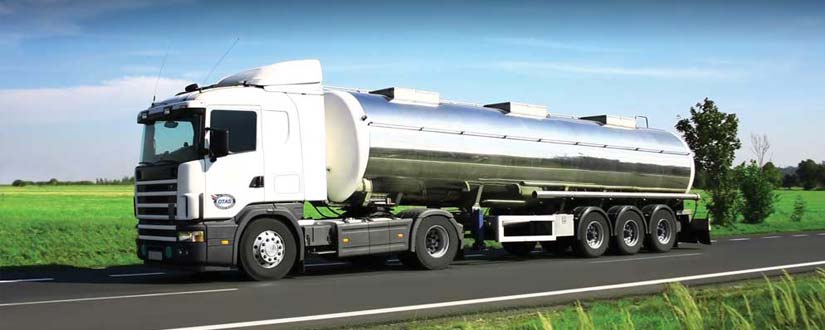London, 15th October 2019 – Commenting on the Government’s new Environment Bill, Chief Executive of Dairy UK Dr Judith Bryans said:
On the Bill:
We welcome the Government’s commitment to setting out a framework for addressing the commitments contained within the 25 Year Environment Plan. It’s essential that targets are evidence-based and the measuring and monitoring of performance is tailored to the capabilities of the sector.
For over a decade the UK dairy industry has proactively recognised the importance of protecting and improving our environment, setting ourselves ambitious voluntary targets through The UK Dairy Roadmap, and with the NFU pledging to achieve net zero agriculture by 2040, we’re collectively working hard to improve the impact of the sector.
Moving forward the industry is keen to have a close dialogue with Defra, to best understand how it can help the Government achieve its goals.
On Protecting Standards:
We commend the Government’s intention to become world-leaders in environmental protection and governance, however the dairy industry is clear that our current environmental protections and standards cannot and must not be weakened in pursuit of trade agreements with other nations.
Any weakening or step back from current standards would seriously impact the continuity of trade with our biggest and most valuable trading partner, the EU. It’s therefore essential we receive further guarantees from Government that our current environmental framework will be carried forward and not compromised in the name of trade.
On Waste:
We fully support Government ambition to address waste and problematic single use plastics. However proposals for extended producer responsibility, deposit return schemes and any other fiscal measures considered must be done so in partnership with industry, creating an effective and holistic approach to waste collection and reprocessing that works for industry, Government and consumers alike.
On Biodiversity:
Dairy farmers manage vast swathes of the UK’s land mass and are on the front line of protecting many of our natural habitats, and are key in promoting biodiversity. As we leave the European Union, adequate support must be provided through the future land Environmental Land Management system to ensure that farmers can continue to deliver these essential protections, whilst still remaining profitable.
ENDS








